Diego Maradona, the legendary Argentine footballer, was a force of nature on the pitch. His dazzling skills, unparalleled determination, and larger-than-life persona made him a cultural icon beyond the boundaries of the beautiful game. Renowned for his mesmerizing dribbling, razor-sharp vision, and uncanny goal-scoring abilities, Maradona etched his name in the annals of football history as one of the greatest players of all time.
Who was Diego Maradona?
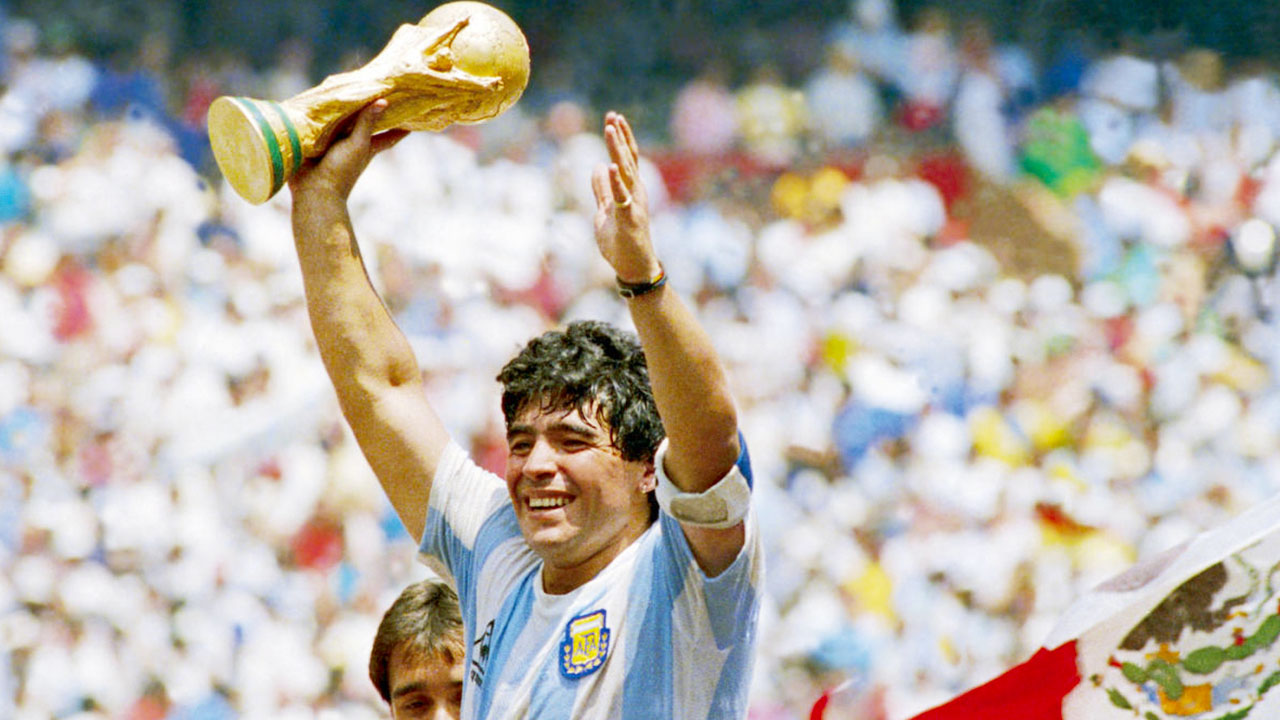
Diego Maradona was an Argentine professional football player and manager who played as an attacking midfielder. His extraordinary talent and achievements on the field have cemented his status as a living legend. Maradona’s impact on the sport transcended mere statistics; he was a catalyst for passion, controversy, and undying admiration from fans worldwide.
Early Years
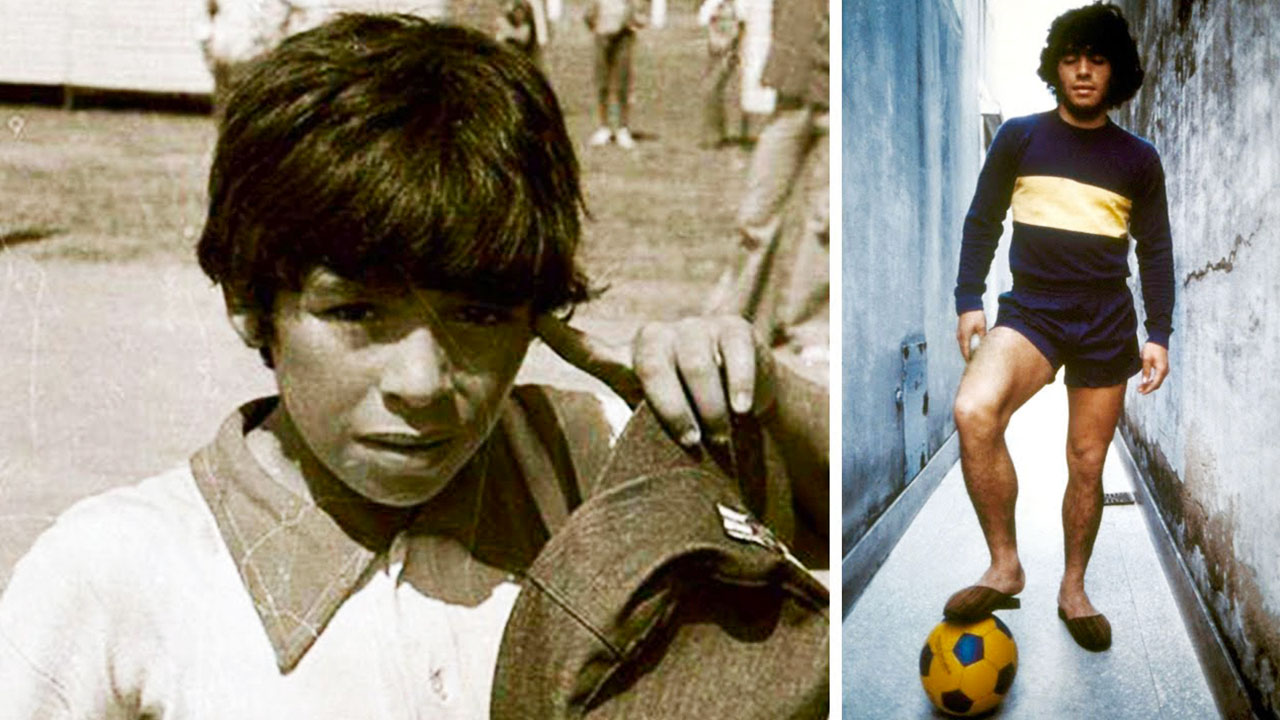
Born on October 30, 1960, in Villa Fiorito, a humble neighborhood in Buenos Aires, Argentina, Maradona’s journey began amidst humble beginnings. From an early age, he exhibited exceptional dribbling and ball control skills, honing his abilities on the streets with his friends. His natural talent and unwavering passion for the game were evident, foreshadowing the greatness that would unfold.
Rise to Stardom
Maradona’s professional career began with Argentinos Juniors in 1976, where he quickly caught the attention of larger clubs with his electrifying performances. In 1981, he joined Boca Juniors, leading the team to their first league title in 44 years. His exploits in Argentina paved the way for a move to Europe, where he would cement his legacy.
Club Career
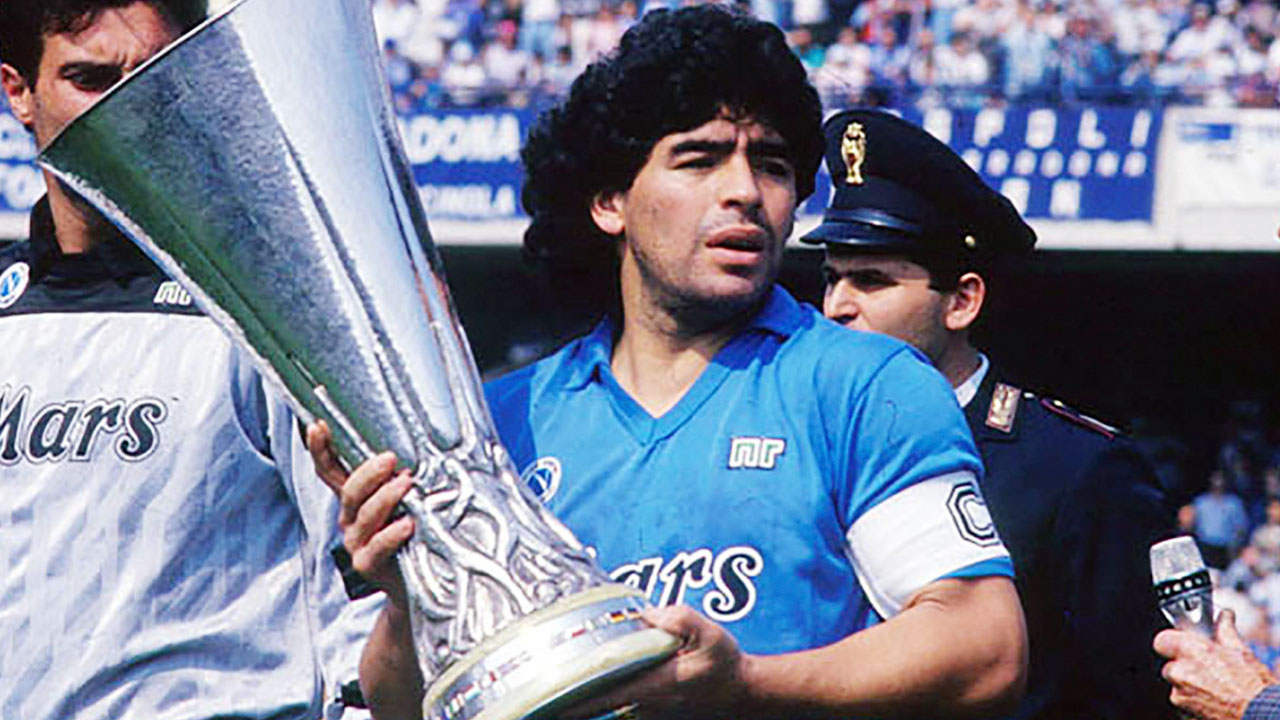
Maradona’s club career was a rollercoaster ride, marked by triumphs, controversies, and unwavering passion for the game.
Barcelona and Napoli
In 1982, Maradona made his move to FC Barcelona, but his time in Spain was marred by injuries and controversies. It was in 1984 when he found his true home at Napoli, an ambitious Italian club. During his seven seasons with Napoli, Maradona inspired the team to their first Serie A title in 1987 and a UEFA Cup victory in 1989, etching his name in the hearts of Neapolitans forever.
Legendary Moments
Maradona’s time at Napoli was punctuated by legendary moments that solidified his status as a footballing icon. His remarkable solo goal against England in the 1986 World Cup quarter-final, where he dribbled past five defenders before slotting the ball into the net, remains one of the greatest goals ever witnessed.
International Career
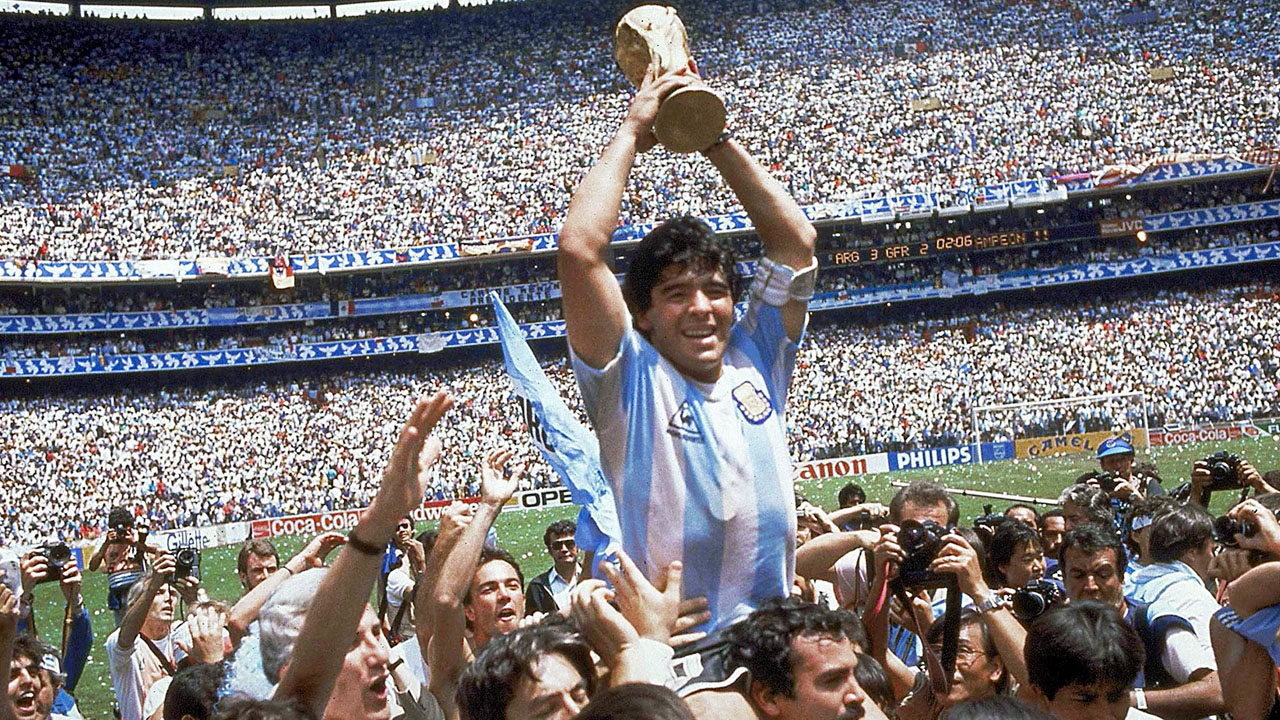
Maradona’s exploits on the international stage were nothing short of phenomenal. He made his debut for the Argentina national team in 1977 and went on to play in four FIFA World Cups: 1982, 1986, 1990, and 1994.
1986 World Cup Triumph
The 1986 World Cup, held in Mexico, was Maradona’s crowning achievement. His brilliance and determination propelled Argentina to their second World Cup triumph, and he was deservedly named the tournament’s best player. It was in this tournament that Maradona scored one of the most controversial goals in football history, the infamous “Hand of God” goal against England in the quarter-final.
Legacy with Argentina
Maradona’s performances for Argentina were legendary, cementing his status as a national icon. His leadership, passion, and unparalleled skills inspired a generation of Argentine footballers, including the likes of Lionel Messi, who have carried the torch for their nation on the global stage.
Achievements and Records
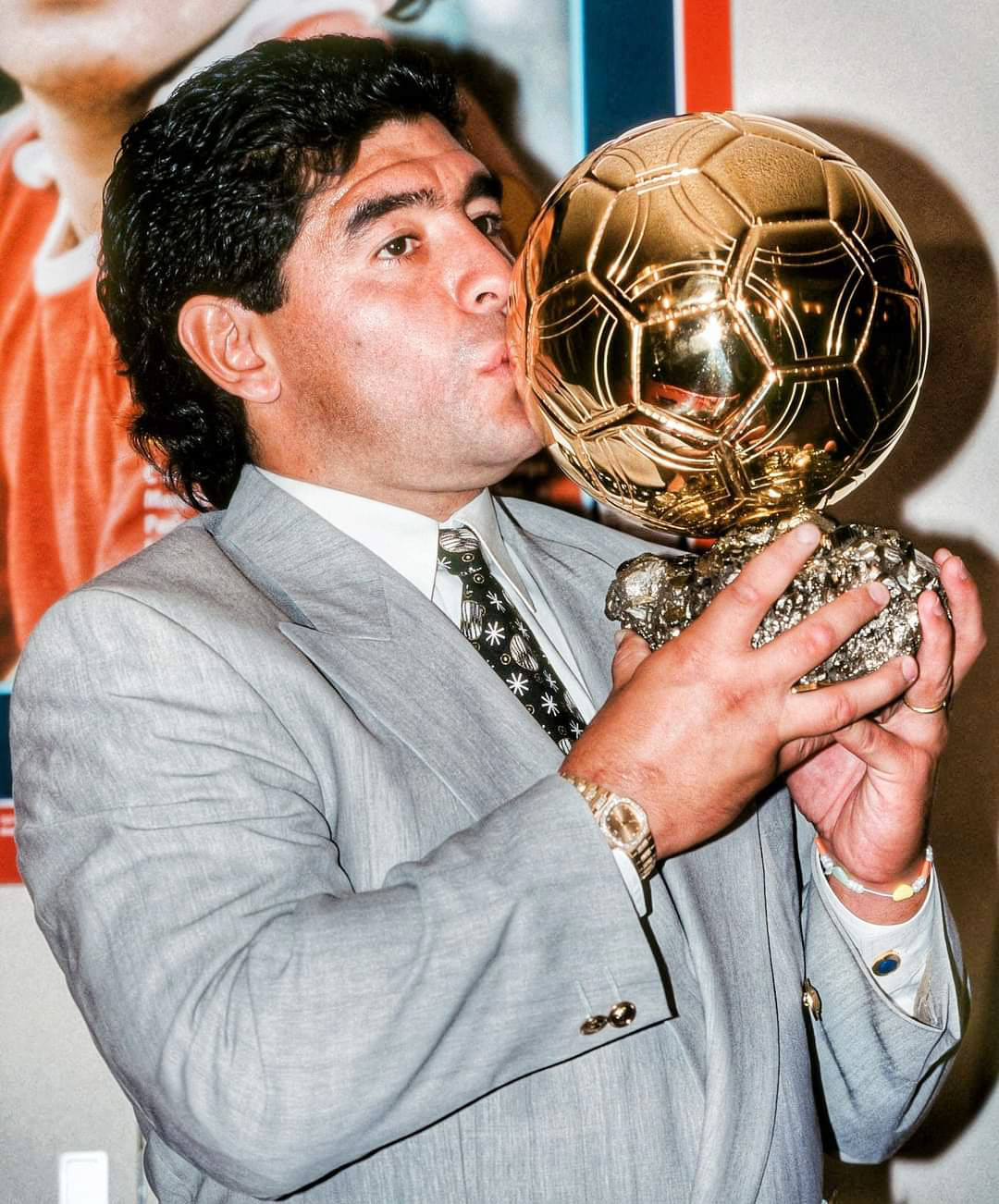
Maradona’s remarkable career was a testament to his extraordinary talent and unwavering determination. Here are some of his most notable achievements and records:
- FIFA World Cup winner (1986)
- FIFA World Player of the Year (1986)
- Ballon d’Or runner-up (1986, 1989, 1990)
- Argentine Player of the Year (1979, 1980, 1981, 1986)
- Most goals in a FIFA World Cup tournament (8 in 1986)
- Most assists in a FIFA World Cup tournament (5 in 1986)
- First player to score in four separate FIFA World Cups
Retirement and Legacy
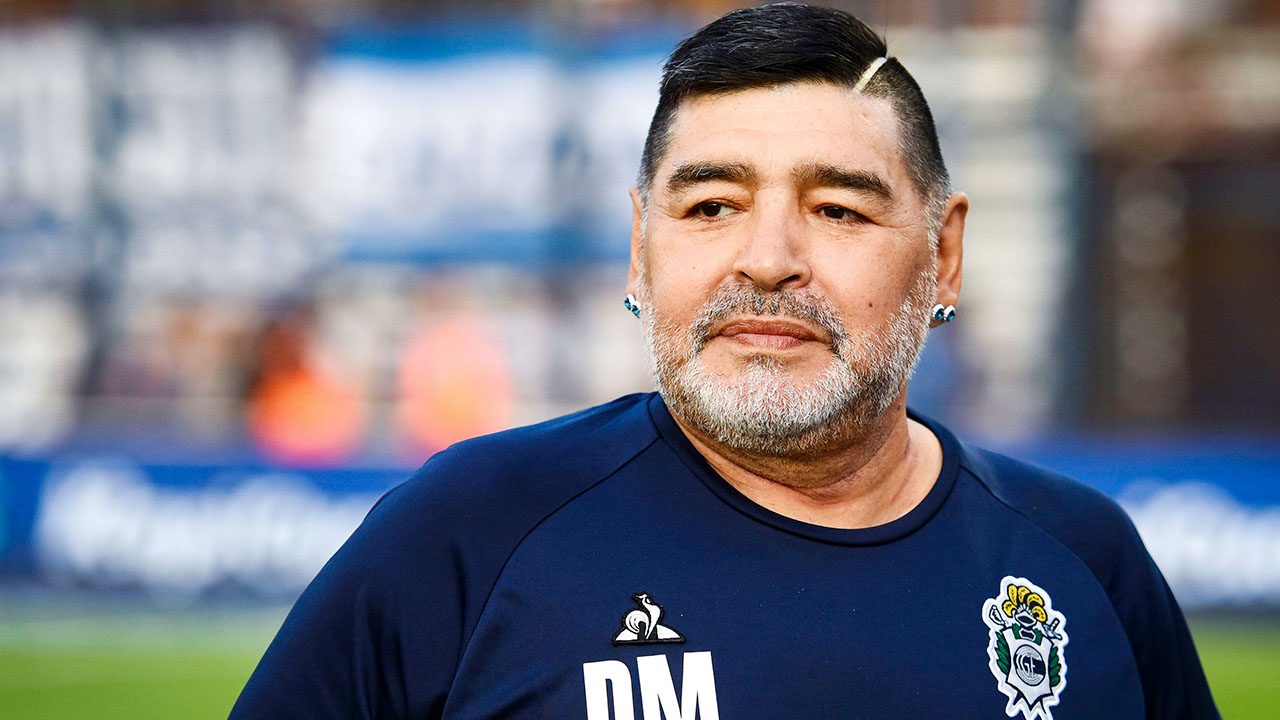
Maradona retired from professional football in 1997, leaving behind a legacy that would inspire generations of footballers and fans alike. While his post-retirement years were marred by struggles with addiction and personal controversies, his impact on the game remained undiminished.
Larger-than-Life Persona
Maradona’s persona transcended the boundaries of football. He was a cultural icon, a symbol of hope and resilience for the underprivileged, and a figure who embodied the passion and spirit of Argentina. His charismatic personality and unapologetic demeanor only added to his mystique and enduring appeal.
Influence on the Game
Maradona’s influence on the game extended beyond his playing days. His unique style of play, characterized by his mesmerizing dribbling skills, vision, and creativity, inspired countless players and coaches alike. His impact on the sport was profound, leaving an indelible mark on the way football was played and perceived.
Death
Tragically, Maradona died on November 25, 2020, at the age of 60, from a heart attack. His passing sent shockwaves through the world of football and beyond, eliciting tributes and condolences from around the globe. The outpouring of grief and admiration from fans, players, and public figures alike was a testament to the enduring impact and legacy of Diego Maradona.
Conclusion
Diego Maradona was a force of nature, a footballing genius whose impact on the game and popular culture cannot be overstated. His exceptional talent, fearless determination, and controversial persona made him an enigmatic and unforgettable figure. Revered by millions, Maradona’s legacy will forever be etched in the annals of football history, inspiring generations of players and fans to come. He was truly the “Hand of God” – a player who defied expectations and captivated the world with his magical abilities on the field.



